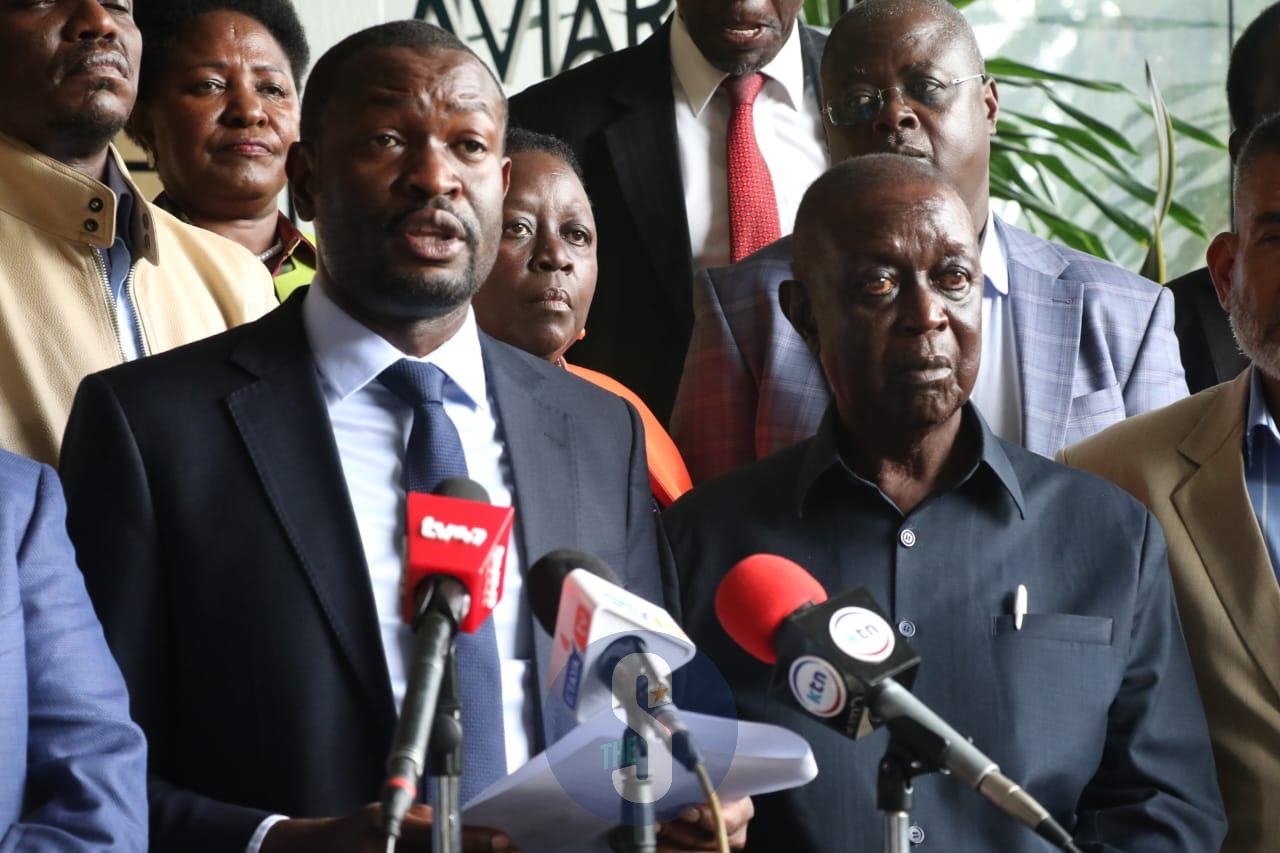The plan to send police officers to Haiti raises significant concerns and deserves careful consideration. While international assistance is commendable, redirecting our resources abroad could exacerbate existing challenges at home.
Firstly, Kenya faces its own pressing security issues. Domestic crime, especially banditry and terrorism threats, demands the full attention of our law enforcement agencies.
Officers have been struggling to maintain peace in the northern region and are almost overwhelmed by untrained bandits. How will they face the rifle-toting gangs that not even US forces could stop?
Sending our police officers to Haiti could compromise our ability to effectively address internal challenges, leaving citizens vulnerable.
It is alleged that there have been diplomatic talks between US and Haitian diplomats but America is clear about not sending officers to Haiti. Why Kenya?
As reported by The Guardian, one Romain Le Cour, a senior security expert from the Geneva-based civil society group Global Initiative against Transnational Organized Crime, says the level of violence and firepower deployed (in Haiti) over the past five days is incredible … It has been days of fighting and the gangs just keep on going.
Le Cour says gang members have also launched a ghoulish propaganda campaign in which videos of police officers being killed or tortured are being posted on social media or even sent to the families of victims. Is this what we want to see of our officers? Being maimed, tortured and killed live on camera?
These are not ordinary pickpockets or muggers, these are dangerous criminals who have even the guts to go into prison and free prisoners.
The potential challenges stemming from language barrier should also not be overlooked. Our officers, primarily proficient in English and local dialects, will be significantly disadvantaged in effectively communicating with the Haitian population, which primarily speaks French and Haitian Creole.
Law enforcement relies heavily on effective communication to build trust, gather information, and de-escalate tense situations. Without proficiency in French and Creole, Kenyan police will undoubtedly struggle to communicate with the Haitian community and this will greatly hinder their effectiveness in fulfilling their mission.
Rather than sending our police forces abroad, Kenya should focus on strengthening collaboration with international partners to support Haiti through diplomatic, humanitarian and developmental channels.
This approach allows us to contribute meaningfully to global peace and security without compromising our domestic priorities. It would have made more sense if our officers were collaborating with other forces from stronger countries.
While the desire to assist Haiti is noble, deploying Kenya's police forces is not the most prudent course of action. We must prioritise the safety and well-being of our citizens and address our internal challenges before extending our reach beyond our borders.












